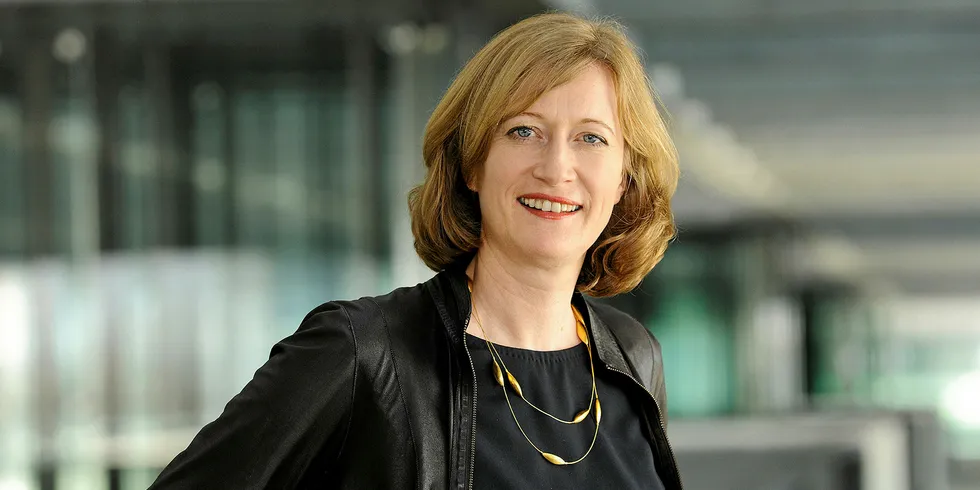EU's higher 55% emissions cut plan splits renewable energy sector
While most groups call the proposal by European Commission president von der Leyen 'ambitious', some demand a steeper cut of up to 65% by 2030

While most groups call the proposal by European Commission president von der Leyen 'ambitious', some demand a steeper cut of up to 65% by 2030
